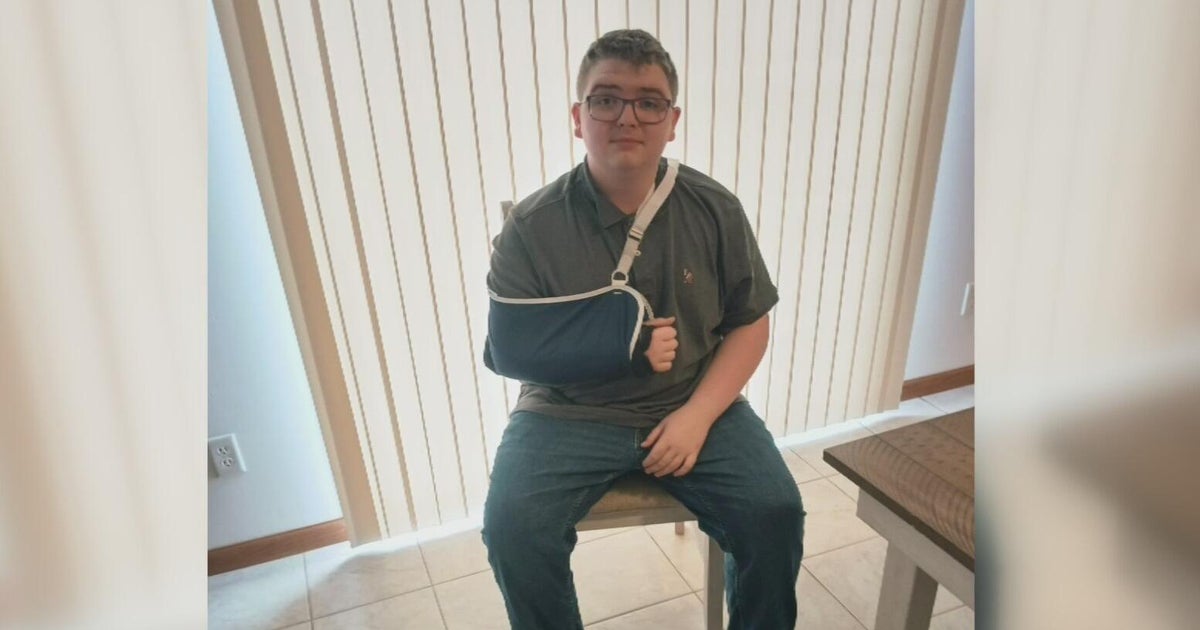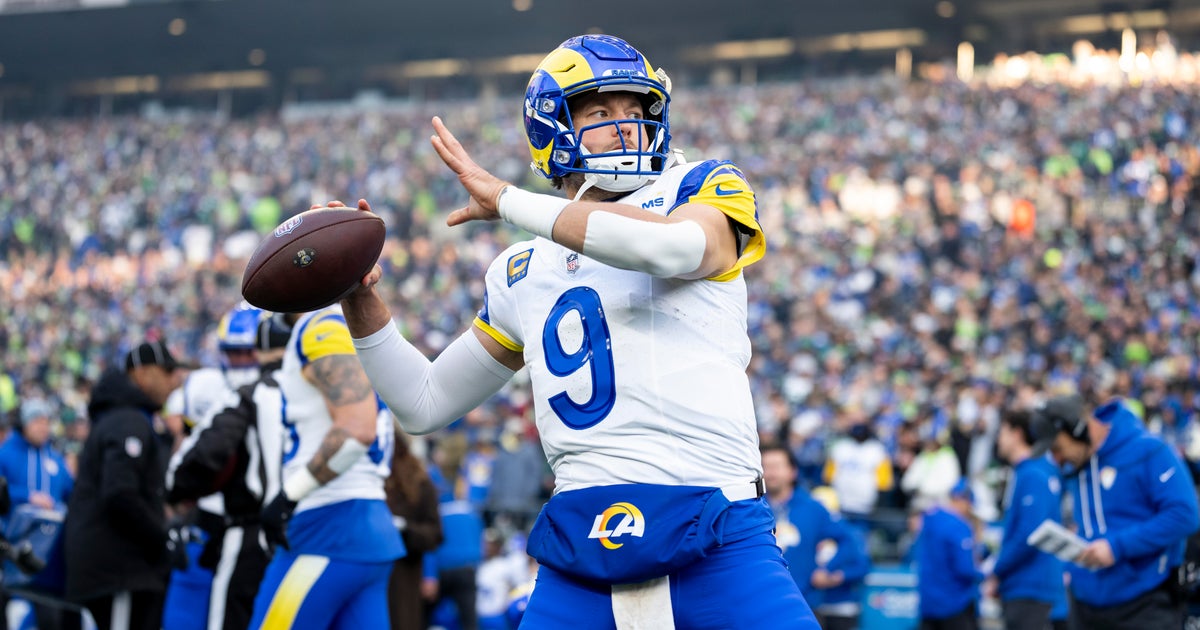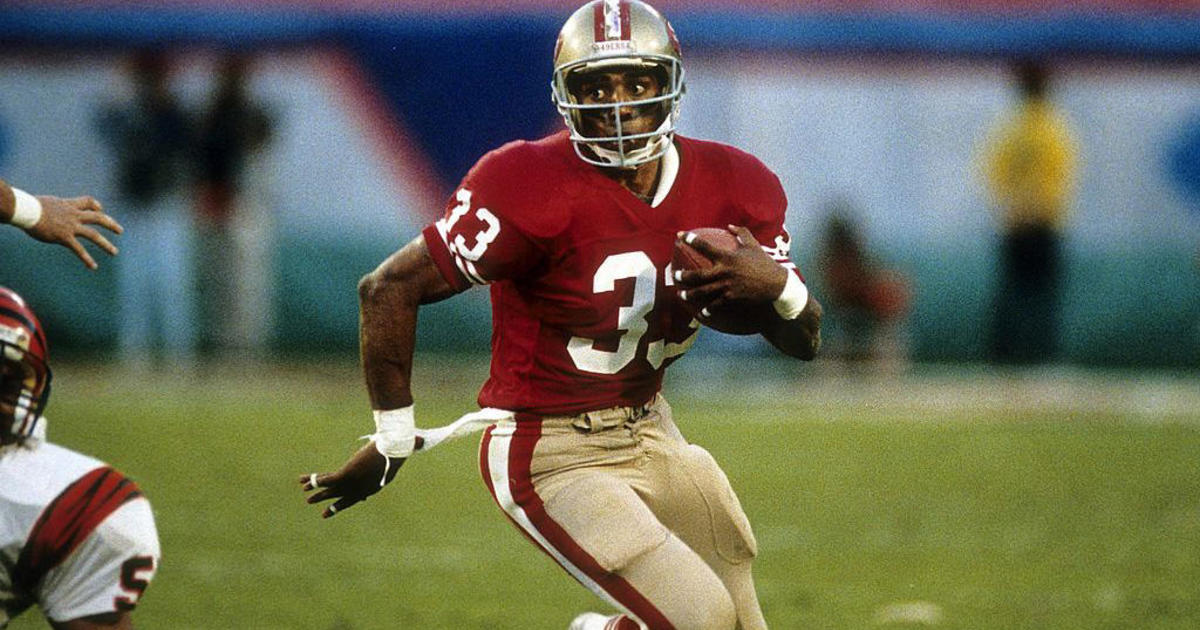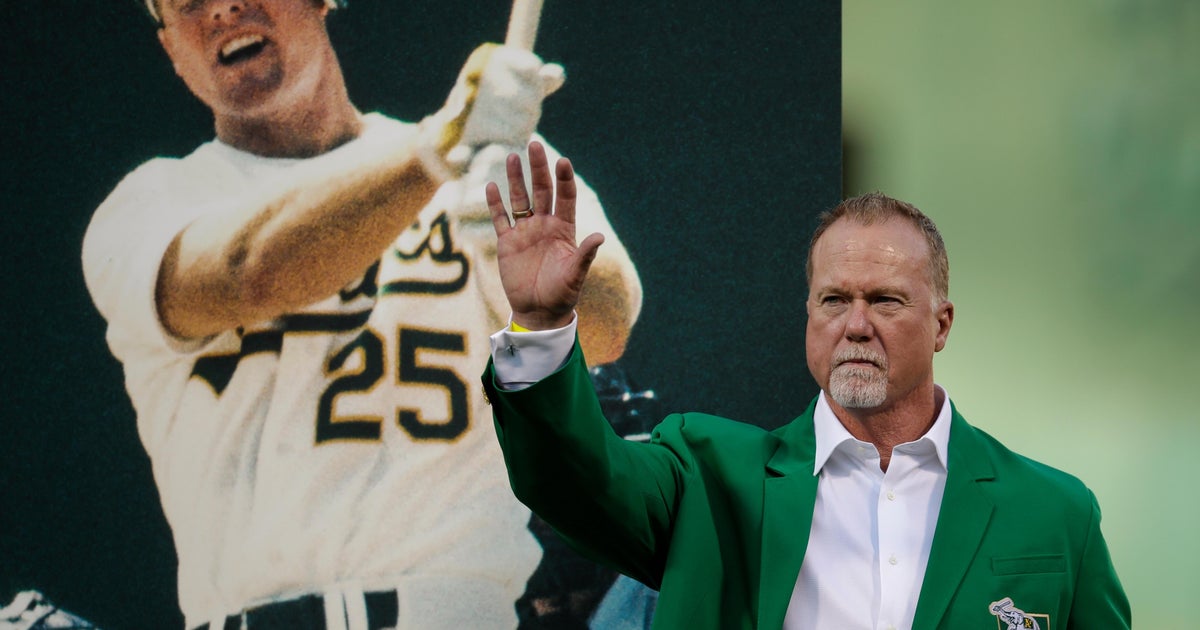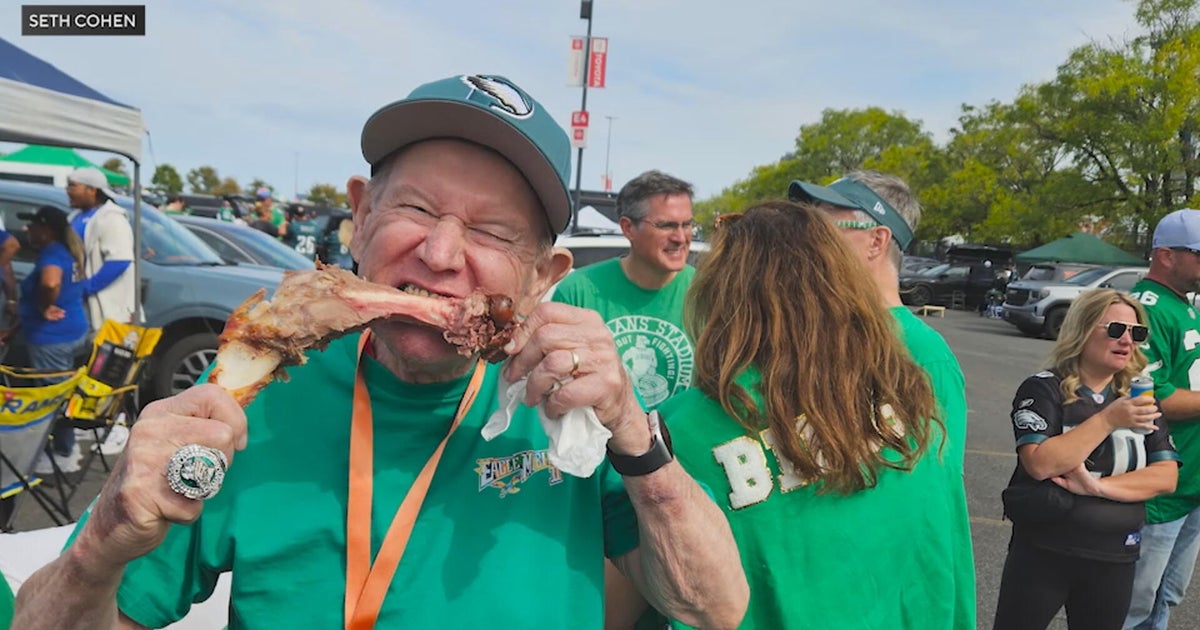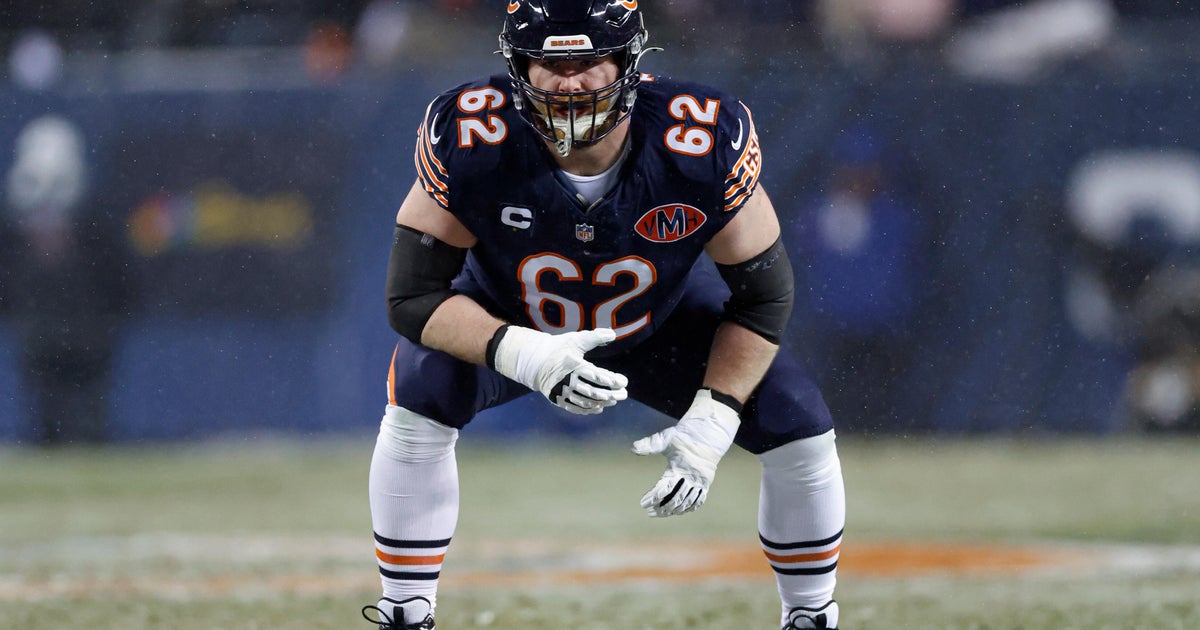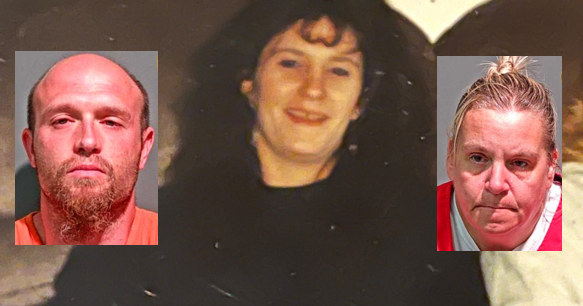Hurley: NFL's Fumbling Of Rams' Case Keenum's Concussion Shows League Doesn't Take Player Safety Seriously
By Michael Hurley, CBS Boston
BOSTON (CBS) -- On Sunday morning, hours before hundreds of mostly undercompensated men would be smashing their heads against the heads of other mostly undercompensated men, ESPN's Adam Schefter reported that amid an NFL investigation, the St. Louis Rams would not be penalized or punished in any way for the team's negligent care for quarterback Case Keenum last Sunday.
As background, Keenum was thrown to the turf in the final minutes of the Rams' Week 11 loss in Baltimore by the 6-foot-2, 302-pound Timmy Jernigan. Keenum's head slammed violently against the turf. He immediately put both hands on the top of his helmet, and the quarterback was unable to get up. A teammate tried to help up Keenan by grabbing the QB's arm, but Keenum's body looked limp. He immediately fell back to the turf. Keenum then rolled over on the ground and spent several seconds on all fours before finally managing to get to his feet.
Head coach Jeff Fisher allowed his quarterback to remain in the game. Keenum threw an incompletion on the following play before getting hit around the ankles and fumbling the football -- and the game -- away. (The "highlight" is proudly hosted on NFL.com.)
This was an incident that every Tom, Dick and Harry watching at home could clearly see required the attention of a medical professional. Keenum, a 27-year-old man, got slammed to the ground by a 300-pound man and as a result could not stand up. He clearly needed the people in charge of protecting his health to advocate for him in that moment.
Yet, according to Fisher, the coach was simply "in game management mode."
For the coach to claim ignorance on a play that did not happen away from the play but instead involved the quarterback, who happened to be the Rams' only involved player on the play in question, at the very best is disingenuous. But what about the training staff -- the medical professionals who are paid to keep players safe?
Well, according to Fisher, Keenum told the trainers that he was fine. Even though these athletes are remarkably tough people, and even though just about every injured professional athlete has told a trainer that he's "fine" in order to stay in a game, Keenum's word was enough to convince the trainers, who trotted away from Keenum and let him stay in the game.
"Had I seen that," Fisher claimed, "I would have sent [trainer] Reggie [Scott] out there on the field and said, 'Hey, get him off the field.' We didn't see it. We didn't know."
And that excuse was A-OK for the NFL, a league that's claimed for the past five years to be taking concussions and brain trauma seriously.
What a joke.
The conclusion reached by the NFL was predictably disappointing and hypocritical, considering these words were spoken by commissioner Roger Goodell not even two months ago (emphasis added):
"We also spent a great deal of time on player health and safety. It came up in a variety of the presentations and discussions today. It is the highest priority for us. We continue to make significant progress there. I think the rules changes, the changes to our policies, the changes to our protocols have all resulted to changes in our culture and that is something we're very pleased about. We're seeing a 35 percent reduction the last three years in concussions alone. That is a very positive trend. We have the new medical timeout this year which has been used twice, both times we think protecting our players, which is something that we believe is certainly our priority."
At the end of January, Goodell said this:
"We are doing more to protect our players from unnecessary risk. Hits to defenseless players this season were down 68 percent, and there were similar decreases in other areas pertaining to the safety of the game. We reported yesterday that concussions were down 25 percent this past regular season, continuing a three-year trend.
"Since 2012, concussions in regular-season games have dropped from 173 to 111, a decrease of more than one-third. The real credit goes to the players and coaches. They've adjusted to the rules and the challenge of creating a culture of safety for our game. But there's more to do on player health and safety. Carefully reviewing and approving our concussion protocols will be a focus of our medical committees this offseason."
Over the offseason, the NFL gave ATC spotters (that is, NFL-paid trainers who are tasked with identifying injuries at every game) the power to stop games when needed in order to remove visibly injured players from the field. The league made sure that these spotters would have no affiliation to the teams playing in the games where they were working, so that any and all decisions made by the ATC spotters would be made in the name of safety and not in gaining an advantage.
So much for that.
In this instance, Keenum was failed by the NFL's system, when a clear-as-day concussion did not catch the eye of the NFL-paid trainer. There's a built-in excuse for the ATC spotter, in that the Rams' training staff did briefly tend to Keenum. But the NFL plainly lays out when an ATC spotter should stop a game:
1. A player who displays obvious signs of disorientation or is clearly unstable; and
2. If it becomes apparent that the player is attempting to remain in the game and not be attended to by the club's medical or athletic training staff.
If the ATC spotter did indeed see the brief visit from the Rams' training staff as a proper level of attention, then the NFL clearly does not employ people who are properly trained to do the job. (This was not the first instance of an ATC spotter missing an apparent concussion.)
But, as evidenced by the year-long saga known as "DeflateGate," the NFL is not in the business of investigating its own malfeasance or admitting its own faults.
Instead, the league touts its own integrity and the "exciting" progress the league has made in terms of player safety, all while players are being left on field to be hit immediately after suffering concussions.
The coach? He was in game management mode!
The training staff? The player said he was fine!
The NFL-employed trainer? No fault there!
This is, and always has been a problem. And it's hard to believe the NFL and Goodell when they claim to care about the health and safety of players.
We've seen Teddy Bridgewater play a full game just seven days after lying completely unconscious on an NFL field. We see NFL players trotted out every single Thursday, having just three days to heal from Sunday's wounds, solely in the name of television ratings. And we see an upcoming Hollywood feature film that is set to introduce millions of Americans to the history of the NFL's work to discredit medical professionals in the field of studying and understanding brain trauma.
Two months from now, at his annual Super Bowl press conference, Goodell will once again trumpet numbers that show the NFL takes seriously the matter of player safety and the issue of head trauma. But we all have eyes, we all have common sense, and we all know better than to believe those empty words.
In the meantime, NFL players who risk their own health on every single snap of every single Sunday to earn a comfortable paycheck for what are usually short careers while the owners rake in their millions and the commissioner makes over $40 million? Those players can know that if they find themselves in trouble, there may not be anybody looking out for them.
Now, as ever, the NFL remains a play-at-your-own-risk enterprise.
Read more from Michael Hurley by clicking here. You can email him or find him on Twitter @michaelFhurley.

